Efforts to conserve Kenya’s dwindling population of rhinos is set to get a significant boost when WWF-Kenya hands over 1,000 microchips and 5 scanners to the Kenya Wildlife Service (KWS) today. The equipment valued at over KES 1.3 million will be instrumental in strengthening active rhino monitoring as well as stockpile audits (of rhino horn).

With poachers getting more sophisticated in their approach it is vital that conservation efforts embrace the use of more sophisticated technology to counter the killing of wildlife. The deployment of specialized rhino horn tracking systems combined with forensic DNA technology will allow for 100% traceability of every rhino horn and live animal within Kenya. This will serve to strengthen rhino monitoring, protect the animals on site and also support anti-trafficking mechanisms nationally and regionally.
Furthermore, investigators will be able to link any poached case to a recovered or confiscated horn and this forms crucial evidence in court contributing towards the prosecution’s ability to push for sentencing of a suspected rhino criminal. These technologies are now being used internationally in support of criminal justice responses to wildlife crime as well as strengthening inter-agency collaborations (between customs, police, justice, wildlife agencies and defense).
At a continental and worldwide level, these technologies will expose the rhino horn trade chain and facilitate the dismantling of the networks that promote and sustain the International Wildlife Trade (IWT).
This article was published by WWF Global.

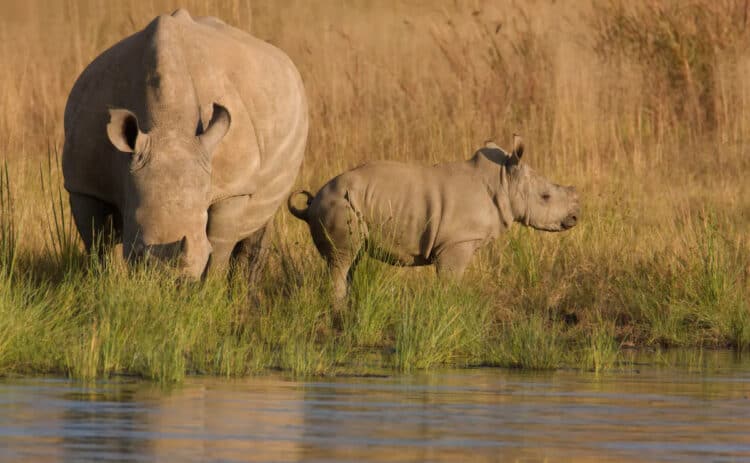
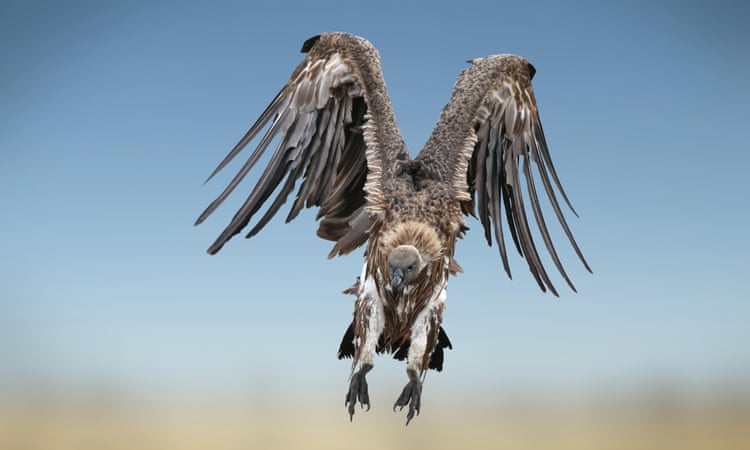
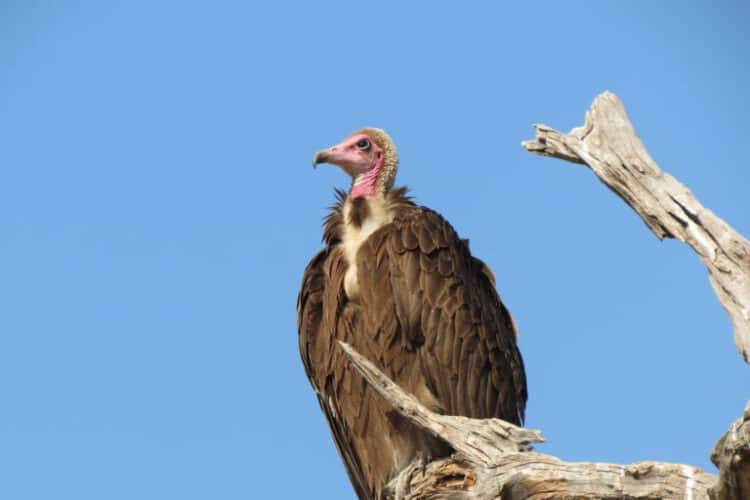
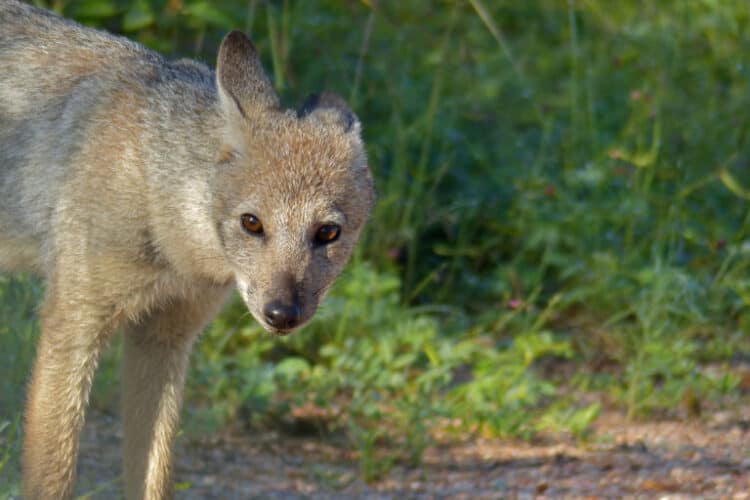
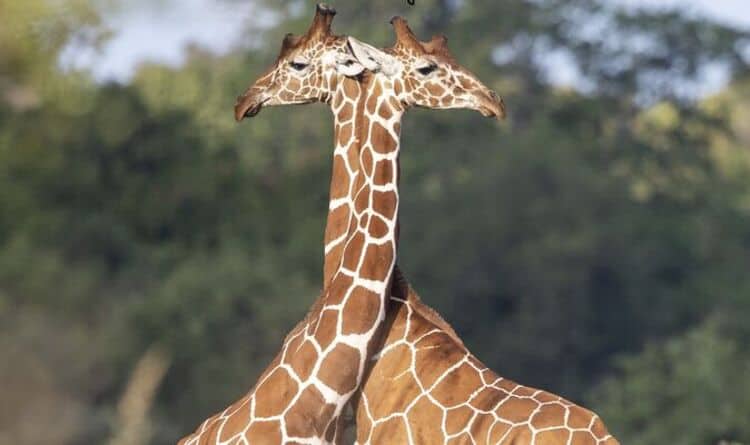

Leave a Reply